Inferior economic thinkers have dominated American politics for the last 100 years. Short-cuts, cheap debt, and market manipulating policies will collapse the US monetary system. Almost all economists and politicians in power are Keynesian economists. They believe the free market is chaotic, illogical, and inefficient. They believe a handful of people in powerful positions are better at telling people what they need instead of millions of people telling the market what they need. Keynesians believe they can prevent the cycles of boom and bust but have a terrible track record of controlling anything. Instead they create bubbles and tell people debt is prosperity. The founder of this type of economic thinking is John Maynard Keynes. He famously proclaimed “We will not have any more crashes in our time.” in 1927 ( a few years before the Great Depression).
The result of these Keynesian policies is inflation. Inflation is a tool used to transfer wealth from producers to worthless bureaucrats and their special interests. In place of higher taxes the population’s assets, savings, and future earnings are leeched away with the hidden mechanics of inflation. Your 100K nest egg is only worth 10K but no one took a dime from you.
As the government becomes more desperate for cash, they will increase the flow of paper money (fiat currency) until the entire financial system becomes insoluble. As the American dollar weakens, foreign countries will sell their bonds (or not renew the purchase of their treasury bills) and flood the market with devalued currency. You can expect inflation like the U.S. has never experienced. The cost of items will skyrocket and your wages will stay the same (or you will be laid off). Those in power will blame the free market and capitalism but the real cause of the fall will be their years of failed economic policies.
Hyper Inflation in the USA (what it might look like)
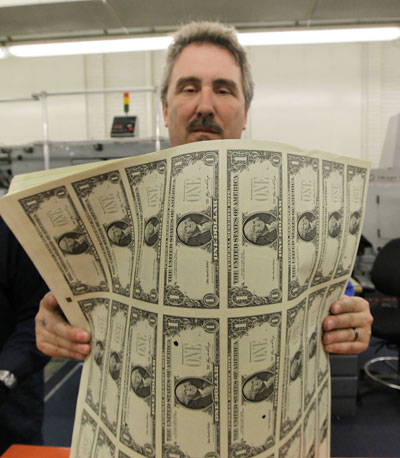
The amount of cash injected to save the country has a real possibility of destabilizing the US currency and increases the chance of total collapse.
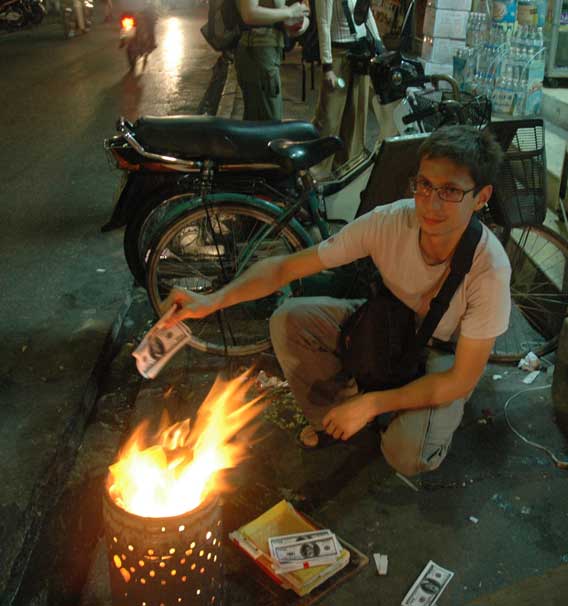
Money will be used for fuel since buying fuel would take more money than the heat it would provide.
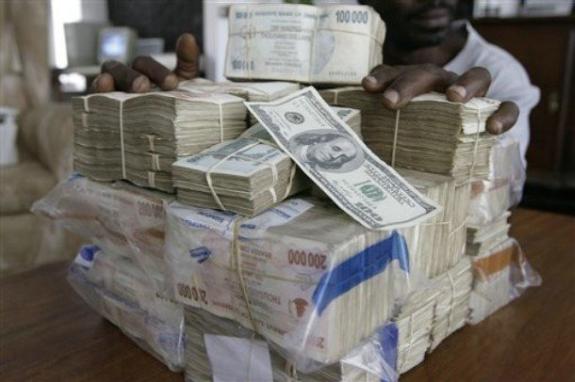
A pile of devalued dollars will be needed to buy basic items.
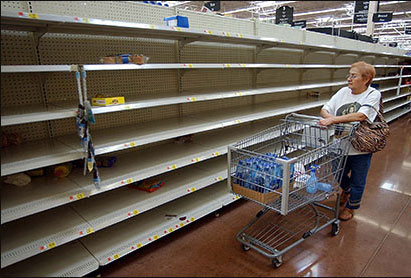
Food prices will increase substantially and shortages will be common. Luxuries like chocolate, butter, and fresh fruit year round won't be available.
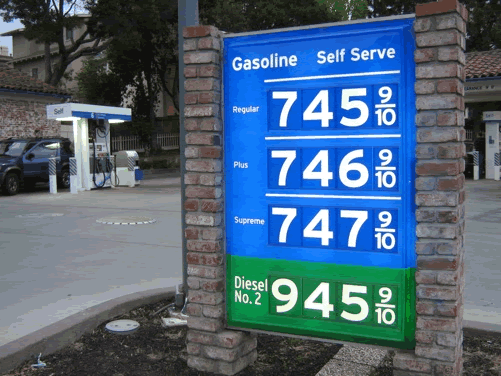
Gas prices and other commodities will skyrocket. Because desiel fuel has higher demand on the world market it will be much more expensive than regular unleaded gasoline.
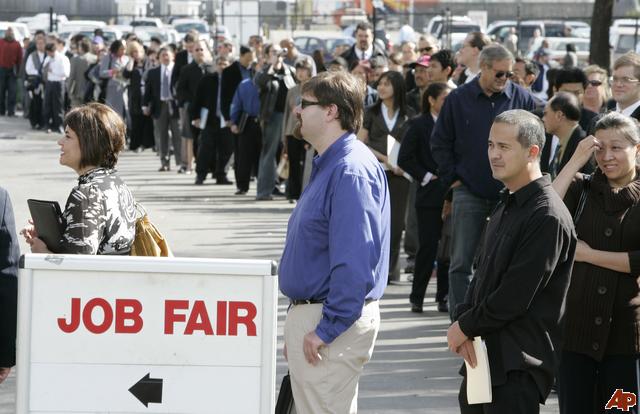
Much of the nation will be unemployed with unemployment rates in the high 20-30% range. Because of budget problems federal and state governments will not be able to fund unemployment benefits. Food stamps and other welfare programs will be increasingly hard to fund and maintain.
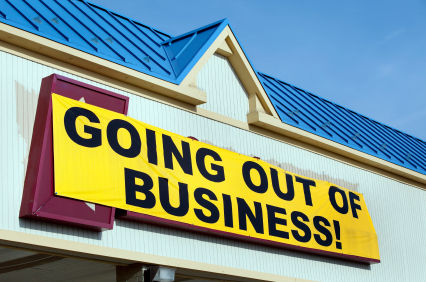
Businesses will close adding to the unemployment and shortage problems. Investment for new businesses will not occur during times of hyperinflation.
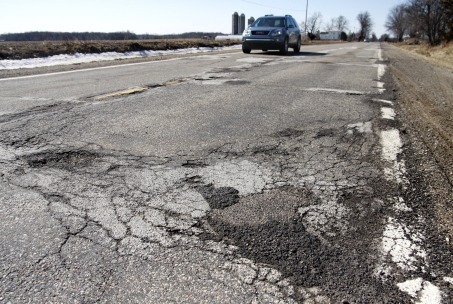
Roads will deteriorate and utilities will not work dependably. Years of poor budgeting and excess spending will leave cities and states will no money for basic services. Extended black outs and brown outs will be common.
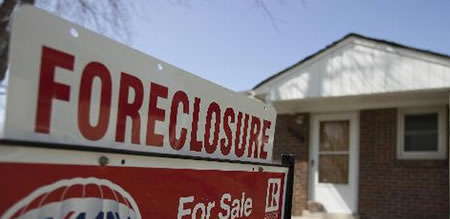
Foreclosures will rise as families struggle to make ends meet. People moving to find work will be common.
How to overcome and prepare for hyperinflation.
The next depression will be 20 to 30 years and make the first depression look like a picnic. Hyperinflation will be the beginning and the true economic impact will take a very long time to correct. These steps will help you weather the economic storm.
Pay off your debt – As prices increase keeping up with payments will be extremely difficult. Too much debt will force you to lose your home, vehicles, and you will struggle to make ends meet. You will need all the money you make just to buy food. Avoid large homes, credit card debt, excess student loans, and new car purchases.
Buy tangible goods – While gold and silver play a role in shifting to a new currency don’t overlook things you can use in the shorterm. Barter will be popular again and having long term food storage, kerosene, medical supplies, seeds, and luxuries like toilet paper or chocolate can help you when there are shortages. In the mid term gold and silver will be very important but don’t over look the basics of daily life.
Invest in things that are inflation resistant – Invest in economic sectors that can raise their prices or adjust their value as the prices increase. Treasury Inflation-Protected Securities (TIPS), commodities (like oil and metals), and real estate are generally safe bets to overcome inflation. Make sure your loans have fixed interest rates. Expect to pay extremely high interest rates (in the 20% range) and expect to put much larger down payments down.
Strengthen the family – Family ties and local communities/churches will help those that are struggling (sorry government programs will not be there to help; think Katrina). Those on fixed income or welfare will be the hardest hit by economic problems. The traditional family unit has stood the test of time for good reason. Grandma and grandpa will be moving in and you might need to take care of your siblings too.
Learn how to grow food – Plant a garden and learn how to preserve food. If possible raise chickens for eggs and goats or cows for milk. Canning fruits and vegetables will be common. Stock your root cellar. Learn how to make your soil healthy and nutrient rich without buying fertilizer (e.g. learn how to compost). Avoid hybrid seeds because after the first crop the next batch of seeds will provide inferior and low yield crops. Buy heirloom seeds and plant them. Harvest seeds for next year.
Buy bulk food and learn how to use it – Start using wheat by grinding it and baking with it. Find recipes that call for use of basic stable grains like rice, beans, wheat, and lentils.
Get all the education you can – Finish your degree, learn new skills, get certificates in your area of expertise. The job market will be extremely competitive and all the extra skills you have will give you the edge.
Diversify your income – Start side businesses, turn your hobbies into income, or consider rental property. Try to get income from as many different sources as possible.
Learn to do more with less – This requires some creative thinking when shopping, using what you have, and throwing things away. Many times you don’t need something new, you need to use something you already have. Instead of throwing something away consider repairing it or re-purposing it as something else (e.g. using old jeans to make a quilt). Buying quality products instead of cheap Chinese crap. You’ll need things to last longer. Start now by buying quality instead of cheap quantity.
Stay positive – Your mindset and your positive attitude will be your biggest asset. While these will be trying times you can still choose what makes you truly happy. If you are attached to material objects start now by weening your way off new technology, a home that’s too big, and cars you can’t afford. Learn to enjoy the simple things in life and the company of the people you love.
THINGS TO AVOID – Avoid Adjustable Rate Mortgages (ARMS), Bonds, and Debt.
Hyperinflation In Other Countries

German Children Playing With Money

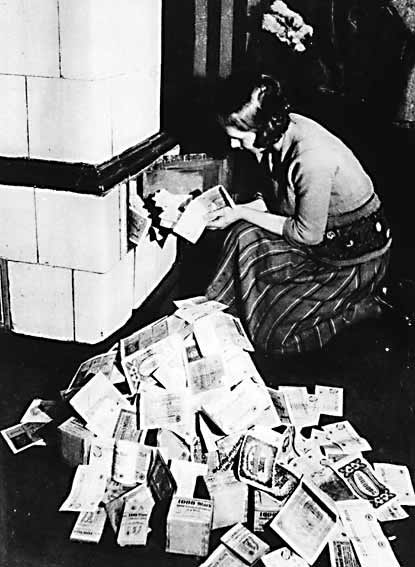
Woman Burning Paper Money for Heat
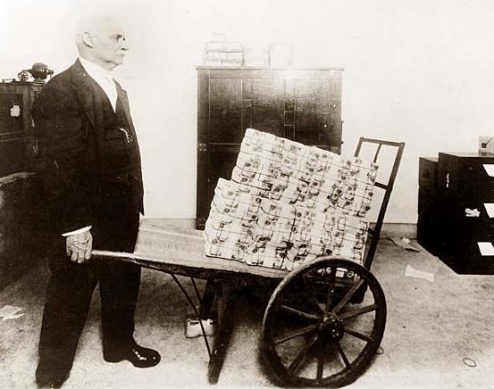
Wheelbarrow of Worthless Money
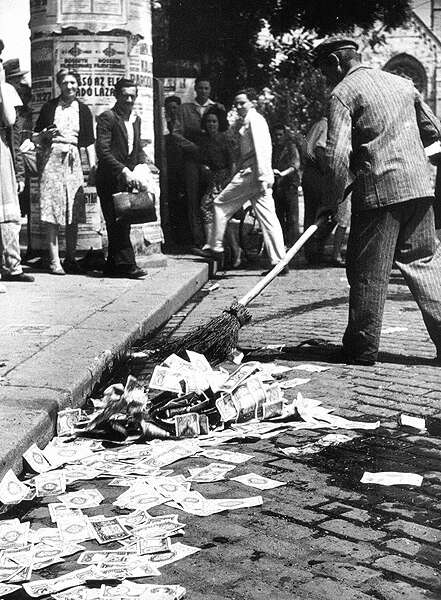
Sweeping paper money from the streets in Hungary
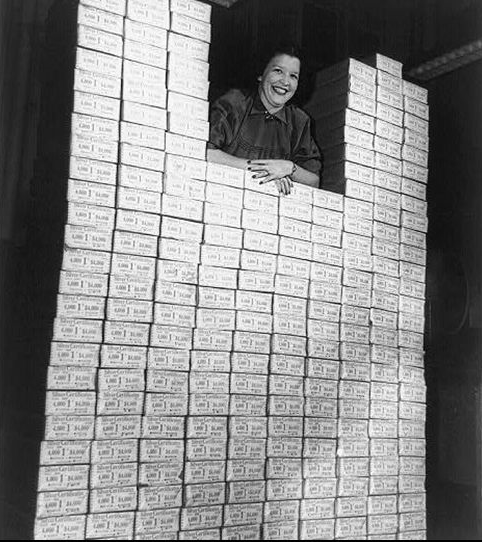
Making a fort is fun!
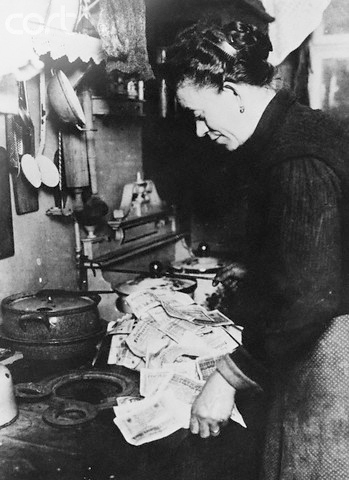
Woman burning cash in stove.
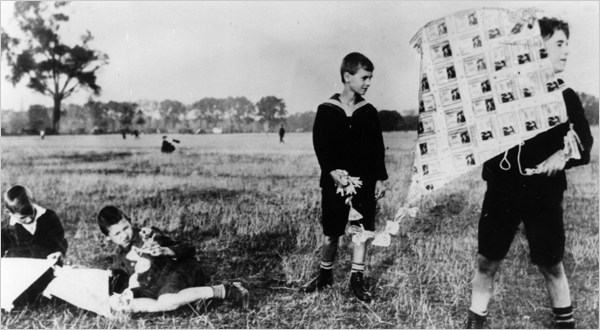
Boys building a kite with money.
Recent Inflation in Zimbabwe Africa

Man carrying arm loads of cash.
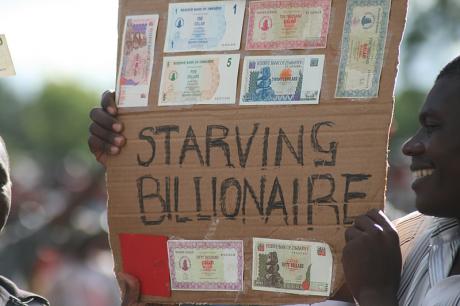
Starving billionaires.
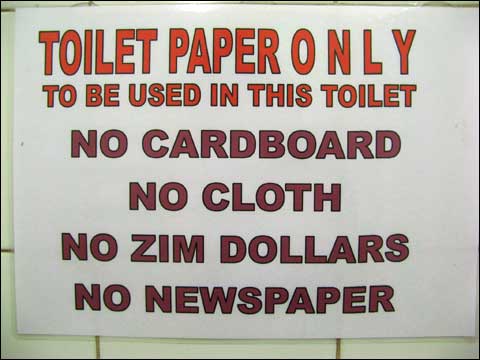
Zimbabwe Paper Money Used as Toilet Paper
List of countries which experienced hyperinflation |
|
|
Angola 1991-1995 Argentina 1975-1991 Austria 1921-1922 Belarus 1994-2002 Bolivia 1984-1986 Bosnia-Herzegovina 1992-1993 Brazil 1986-1994 Bulgaria 1996 Chile 1971-1973 China 1948-1949 Free City of Danzig 1922-1923 Georgia 1993-1995 Germany 1922-1923 Greece 1942-1944 Hungary 1945-1946 Israel 1970-1971 |
Japan 1948-1951 Krajina 1992-1993 Madagascar 2004-2005 Mozambique 1977-1992 Nicaragua 1987-1990 Peru 1988-1990 Philippines 1942-1944 Poland 1989-1991 Romania 1998-2005 Russia 1921-1922 and 1992-1999 Turkey 1990-1995 Ukraine 1993-1995 United States 1861-1865 Yugoslavia 1989-1994 Zaire 1989-1996 Zimbabwe 2004-2009 |
With the reckless printing of fiat money hyperinflation is guaranteed given enough time. To defend yourself from losing all assets buy things with intrinsic or real value (e.g. food, shelter, gold, silver, land). The basics of buying food and other essentials will be very difficult.
Real Risks to the Dollar
As unfunded liabilities (Social security, medicare, medicaid, Bush’s prescription drug benifit program, and now health care) come due many experts predict debt becoming unmanageable. Our entire GDP could not fund the interest on the debt. Every second the US governemnt goes an additional 500 Million dollars in debt.
You might also enjoy these related posts:
U.S. Unemployment Timeline VIDEO
Bug Out Bag Essential Items

